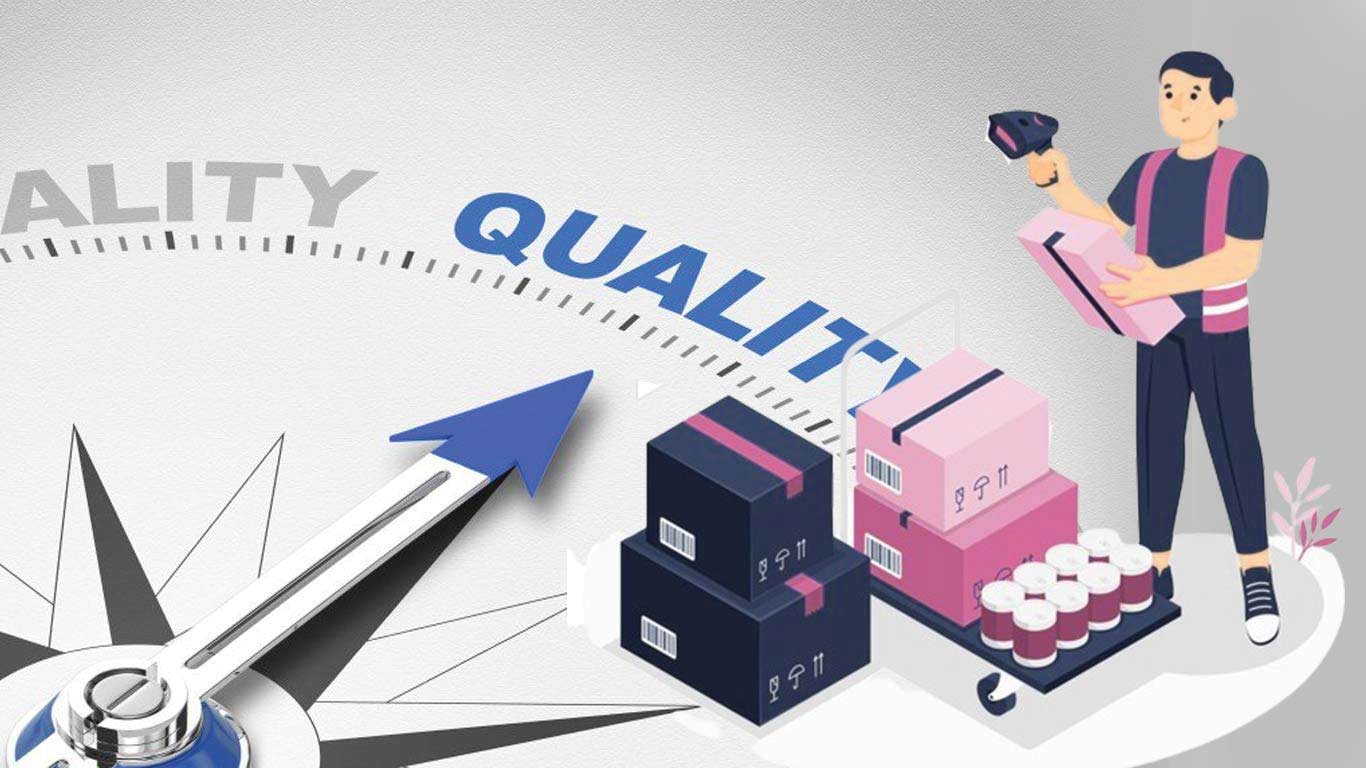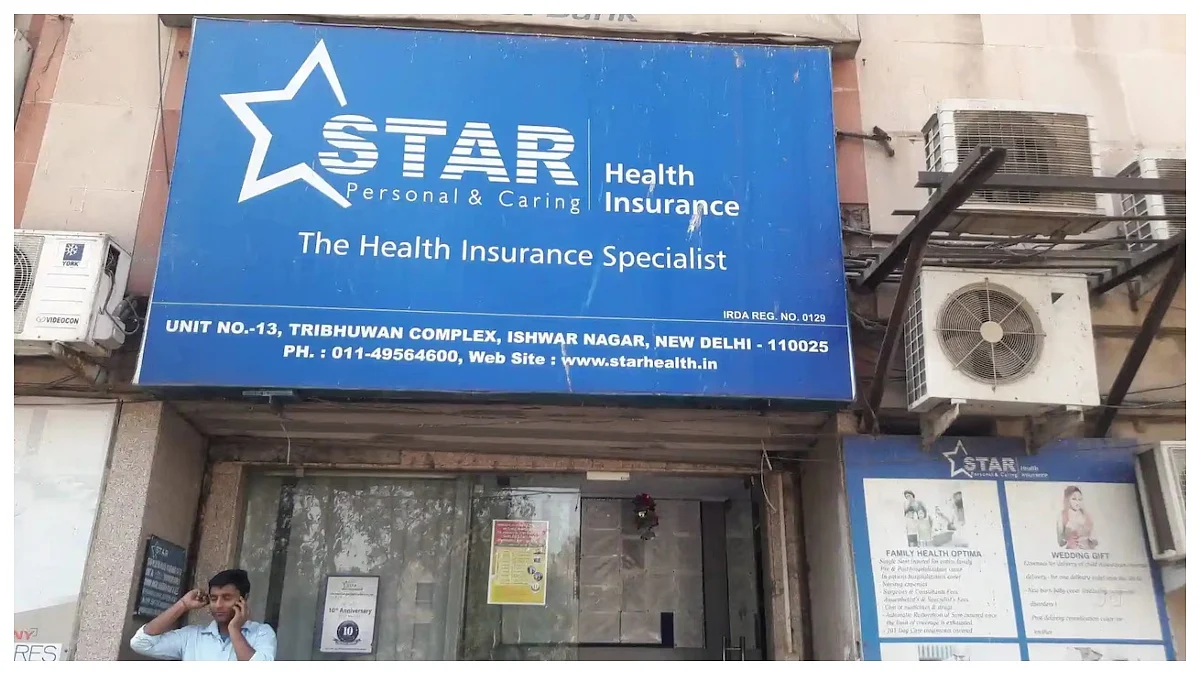
New Delhi, Sep 16 (KNN) In the past three years, the Bureau of Indian Standards (BIS) has issued 84 Quality Control Orders (QCOs) covering 343 products, according to government data.
This accounts for nearly 45 per cent of the 187 QCOs notified to date under the BIS Act, which mandates conformity to prescribed standards before products both domestic and imported can be sold in the market.
QCOs are legal instruments issued by ministries or departments to enforce quality standards.
While aimed at safeguarding public interest, health, safety, and fair trade, the growing number of such orders has triggered pushback from micro, small, and medium enterprises (MSMEs). Industry groups argue that mandatory certifications have raised input costs and act as non-tariff barriers.
In a presentation before the High- Level Committee on Non-financial Regulatory Reforms (HLC-NFRR) held under Chairmanship of former Cabinet Secretary Rajiv Gauba, Federation of Indian Micro and Small & Medium Enterprises (FISME) cited instances how QCOs are leading to restrictions in supply and rise in costs.
“India is a multi-layered society and affordability is an important issue. Prescribing quality standards for even products such as shoes and utensils is forcing out smaller producers from the supply chain and depriving a large section of poor people who cannot afford expensive products. Nowhere in the world such standards are adopted”, FISME mentioned.
“QCOs have surged over eight times since 2019 and have disrupted supply chains as 70% of them are on raw material or intermediate goods. QCO on steel covers almost all steel and therefore has choked the supplies of specialised steel not manufactured in India.”, it added.
Of the total QCOs issued so far, 86 (covering 362 products) came on the recommendation of the Department for Promotion of Industry and Internal Trade, followed by 69 (74 products) from the Department of Chemicals and Petrochemicals, and 10 (76 products) from the Ministry of Textiles.
The orders issued since 2022 span diverse categories including jute bags, helmets, medical textiles, agro textiles, furniture, gas stoves, ceiling fans, stainless steel tubes, solar thermal systems, and water bottles.
Officials explained that the process begins with ministries identifying products for mandatory compliance, followed by stakeholder consultations and draft preparation in coordination with BIS.
Draft QCOs are also published on the World Trade Organisation’s Technical Barriers to Trade portal for international comments before finalisation.
Typically, industries are given at least six months to comply with the new requirements.
The debate over QCOs is unfolding against the backdrop of India’s ongoing trade negotiations with the United States and the European Union, as well as tariff-related challenges in global markets.
(KNN Bureau)



